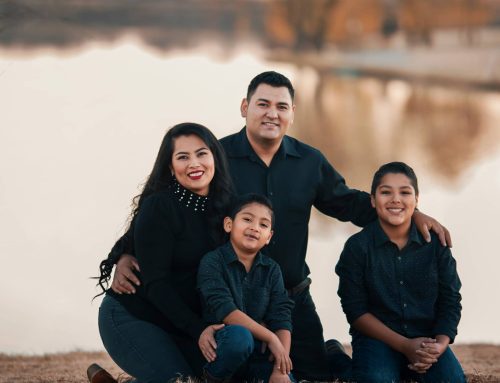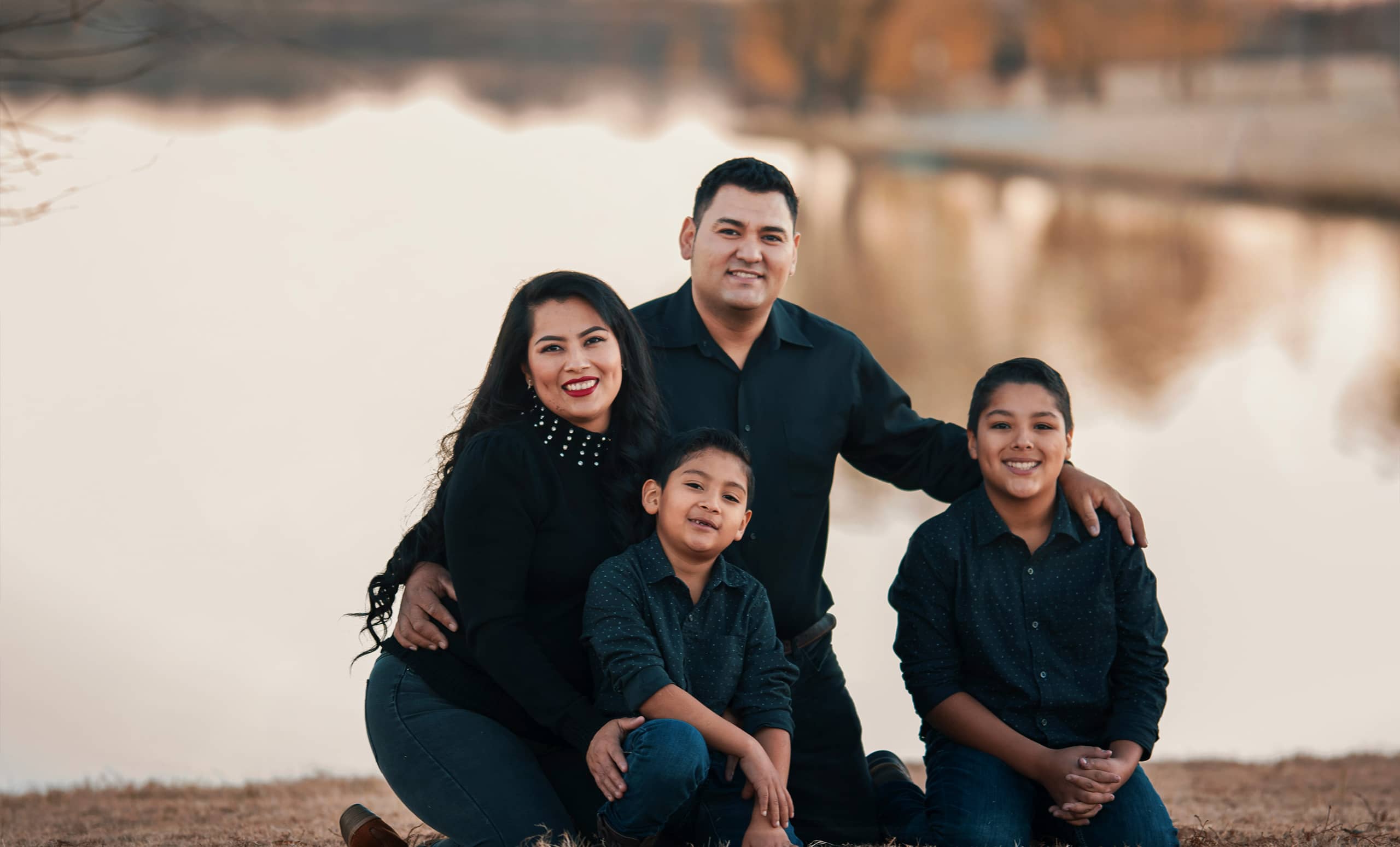The vast majority of people in our State’s criminal justice system are there as a result of drug-related crimes.
Often a hidden consequence of a drug conviction in criminal court is an extremely harsh immigration consequence such as deportation, exclusion from admission to the United States, and or denial of naturalization. Because of these hidden dangers, it is necessary to be mindful during the plea deal negotiation process that takes place between a criminal defendant and the district attorney. When negotiating a criminal drug matter it is important to not compromise and accept a consequence that may appear to be in the best interest of the defendant but can in fact work against a defendant. For instance Proposition 36, a law passed by this State’s voters requires that people with minor or petty drug offenses have the option of being placed in a drug rehabilitation program as proscribed by the judge in the criminal case. This is a good option for people with drug problems because it provides an option for the defendant to complete a rehabilitation program to have the case and charges dismissed. Another option that is frequently provided to narcotic offenders is something called deferred entry of judgment; the conditions of this program are often negotiated between the district attorney and defense counsel. (Conditions typically are to attend narcotics anonymous, do community labor, and pay a restitution fine.)

Once all the conditions are met after about a year then the plea is withdrawn and the case is dismissed.
These above-mentioned options are good options for people without drug convictions but for immigration purposes, they are not because once a person pleads guilty to a drug conviction the conviction is on one’s record permanently thus making the immigrant defendant deportable under the immigration drug laws in US Immigration Code. If a defendant were to plead guilty to a drug crime and have a drug-related conviction on his or her record then in order to avoid immigration consequences the conviction must be vacated.
Although a conviction can be vacated several different ways, the legal process to have a conviction vacated is akin to fighting an uphill battle thus it is better to avoid a drug conviction in the first place.
Expunging a Drug Conviction?
Effective January 1, 2016, California Penal Code § 1203.43 will provide immigration relief for those with qualifying drug convictions. This new California drug law will help defendants avoid catastrophic immigration consequences for minor offenses. This law applies to anyone that has successfully completed deferred entry of judgment (DEJ) will be able to withdraw the plea, in a way that is expected to work for immigration purposes. To withdraw the plea, the person only needs to show that DEJ was successfully completed and the case was dismissed. There is no requirement to show prejudice. People who previously completed DEJ, and those who complete DEJ in the future, will qualify for this relief.
Schedule appointment
Uribe & Uribe APLC
Nothing can impact your life or the life of a family member more than one’s immigration status. Are you interested in obtaining immigration benefits? Do you have a plan in action for success? At the Uribe & Uribe APLC we can help you create a strategy for success.








